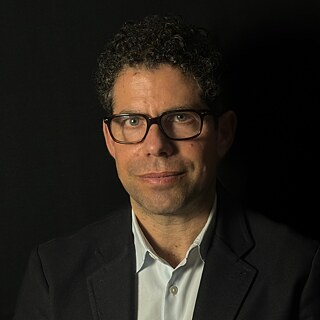Paul Reitter
2025
Paul Reitter was chosen to receive the 2025 Helen & Kurt Wolff Translator's Prize by a three-person jury for his translation of Karl Marx's Capital: Critique of Political Economy, Volume 1, published by Princeton University Press in 2024. The honor will be presented to him at an award ceremony at the Goethe-Institut New York on June 17, 2025.
